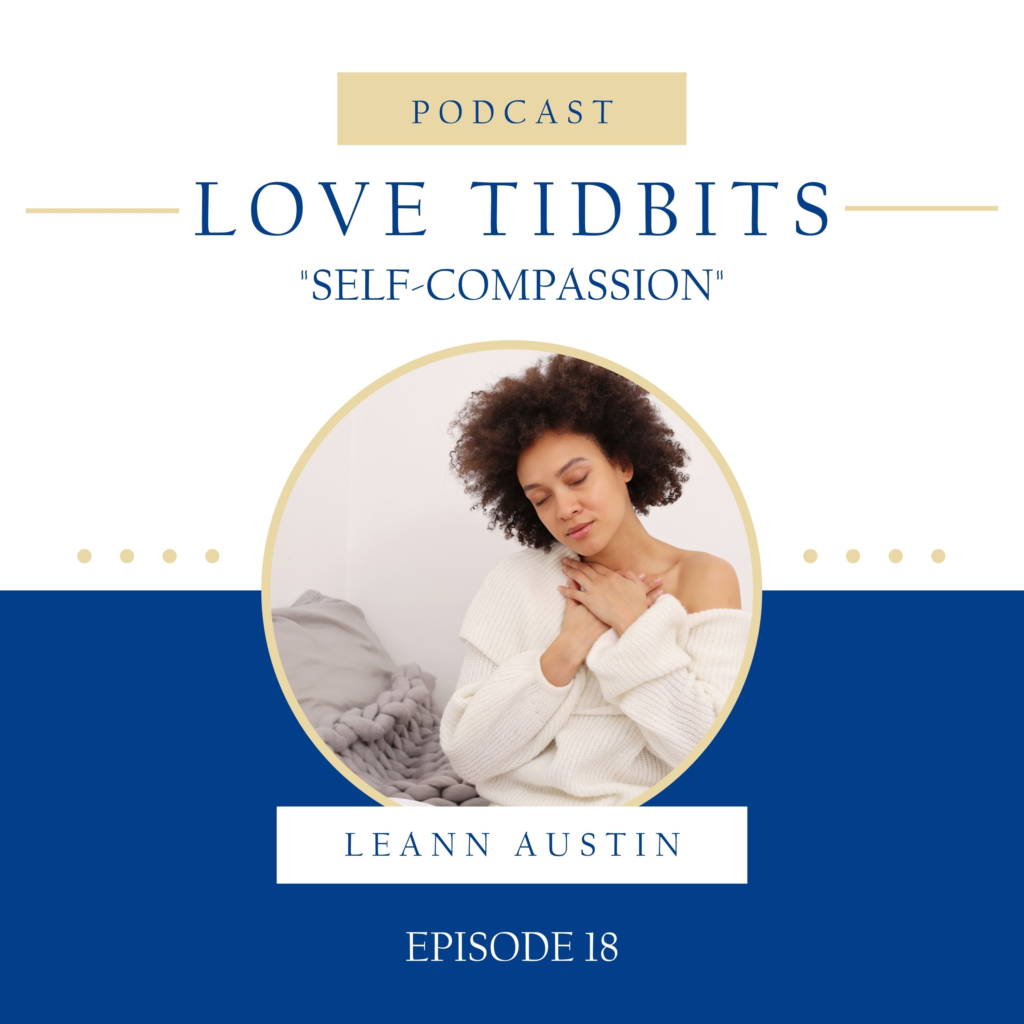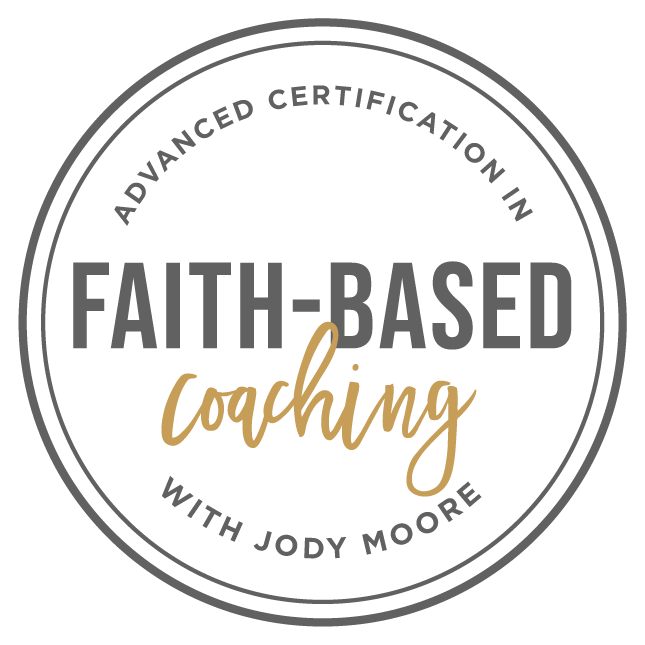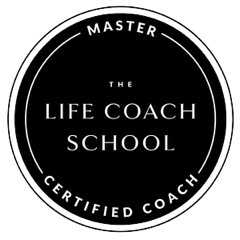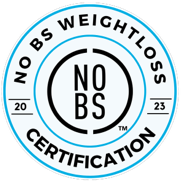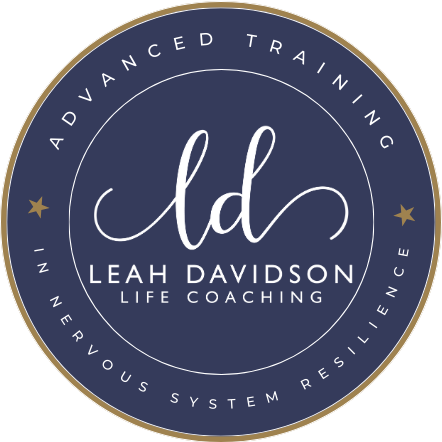“Being human is not a bout being any one particular way; it is about being as life creates you”….
You’re listening to the Love Tidbits Podcast, where you’ll discover a small, tasty, delightful, bite-sized tidbit of love. I’m your host, LeAnn Austin.
Hey y’all, welcome to Love Tidbits, episode #18: Self-Compassion
I recently read the book Self-Compassion by Kristin Neff, countless words of wisdom in this beautiful read. Just a few gold nuggets I’d like to share. Kristin says, “Being human is not about being any one particular way. It is about being as life creates you, with your own particular strengths and weaknesses, gifts and challenges, quirks and oddities.”
She shares three core components of self-compassion. The first is Self-Kindness. Self-kindness means that we stop the constant self judgment, the disparaging internal commentary that most of us have come to see as normal. It requires us to understand our failures instead of condemning them. Self-kindness involves more than merely stopping self-judgment. It involves actively comforting ourselves, responding just as we would to a dear friend in need With self-kindness, we soothe and calm our troubled minds. We make a peace offering of warmth, gentleness, and sympathy from ourselves, to ourselves. Instead of seeing ourselves as a problem to be fixed, self-kindness allows us to see ourselves as valuable human beings who are worthy of care.
One way to practice self kindness, Kristin calls, “the hugging practice”. So basically what you do is you give yourself a gentle hug. It kind of seems a little bit silly at first, but your body doesn’t know that, it just responds to the physical gesture of warmth and care.
Skin is an incredibly sensitive organ. Research indicates that physical touch releases oxytocin, which reduces fear and anxiety. So I’ve been trying out this hugging process, even just crossing my arms with a little extra pressure, hugging myself. When I do that, that can be really calming in difficult situations.
I’ve also heard that there are some great benefits from eight second hugs, and my boys sort of love it when I hug them for eight seconds. But give it a try, just giving yourself a hug, and then also giving those you love an eight second hug.
Alright, so the second core component of self-compassion is Common Humanity. Common humanity is feeling connected with others in the experience of life, rather than feeling isolated and alienated by our suffering. When we’re in touch with common humanity, we remember that feelings of inadequacy and disappointment are shared by all.
A couple things that separate us from this feeling of common humanity, is when we play the comparison game. When we compare ourselves with others. And when we do this, we only further distance ourselves from the people whose success makes us feel bad about ourselves in the first place. The sad irony is that the very reason we want to succeed, is because we want to feel accepted and worthy, to be close to others, to feel that we belong. But when we compare ourselves with others, it does the exact opposite.
Another separation from the filling of common humanity is the illusion of perfectionism. Perfectionism is defined as the compulsive need to achieve and accomplish one’s goals with no allowance for falling short of one’s ideals. These unrealistic high expectations mean perfectionist will inevitably be disappointed.
It’s like that black and white thinking. That one way or the other. I really like to play in the gray, to play in that middle part. And I talk more about this in podcast: Play in the Gray – episode #9. So if you want to hear more about that, check out episode #9.
Alright, so one last core component of self-compassion that Kristen shares is Mindfulness. Mindfulness is when we hold our experience in balanced awareness, rather than ignoring our pain or exaggerating it. It’s a clear scene, and nonjudgmental acceptance of what’s occurring in the present moment. When we’re mindful, we see things as they are, no more, no less. In order to respond to our current situation in the most compassionate, and therefore most effective manner.
Mindfulness provides incredible freedom because it means we don’t have to believe every passing thought or emotion as real and true. Now when I notice I’m distracted, or resisting feeling anything, it’s helpful for me to take a few deep breaths, and think about what is happening right now. Staying present. This redirects me to the mindful state that I want to be in. Mindfulness provides us with the opportunity to respond, rather than simply react.
Well, that’s it. So those are what Kristin teaches the three components in order to be truly self-compassionate: Self-Kindness, Common Humanity and Mindfulness. And there’s lots more information in her book, if you’re interested in learning more about self-compassion.
Now this is also what we do in the Lovin Me Program. There are a variety of ways we strengthen our emotional and mental muscle. Y’all are really good at loving and having compassion for others. And I’ll help you further develop your self-compassion and become an expert at loving yourself. If you want to learn more, go to my website: leannaustin.com to sign up.
Now, one last favorite quote from the book is by Carl Rogers. He says, “The curious paradox is that when I accept myself just as I am, then I can change.” Hmmm, something to think about.
Have a good one y’all, and here’s to self compassion and to love.
If you’re enjoying this podcast, please leave a review to help others hear tidbits of love.
If you would like to become an expert at loving yourself, check out my Lovin Me Program at leannaustin.com

